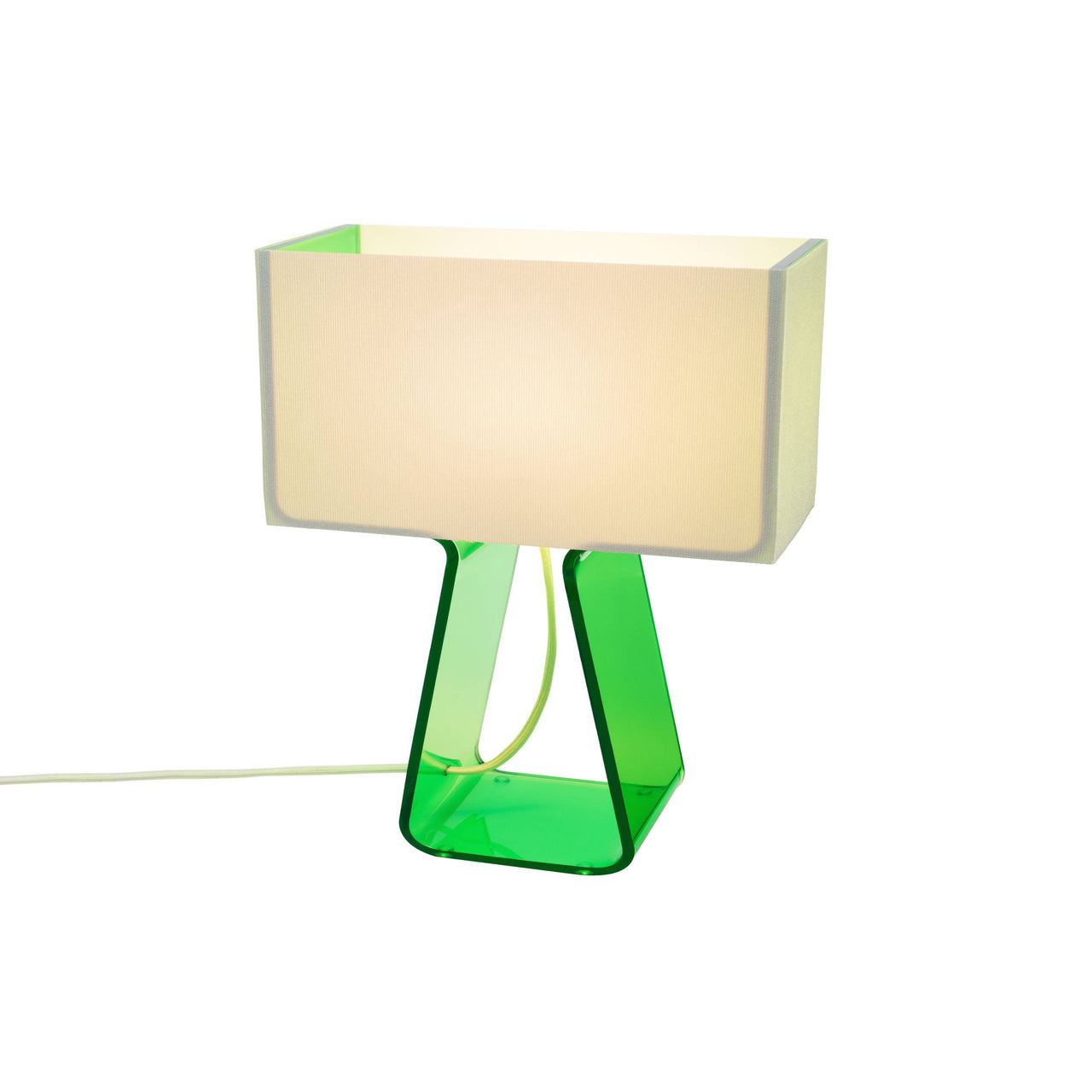
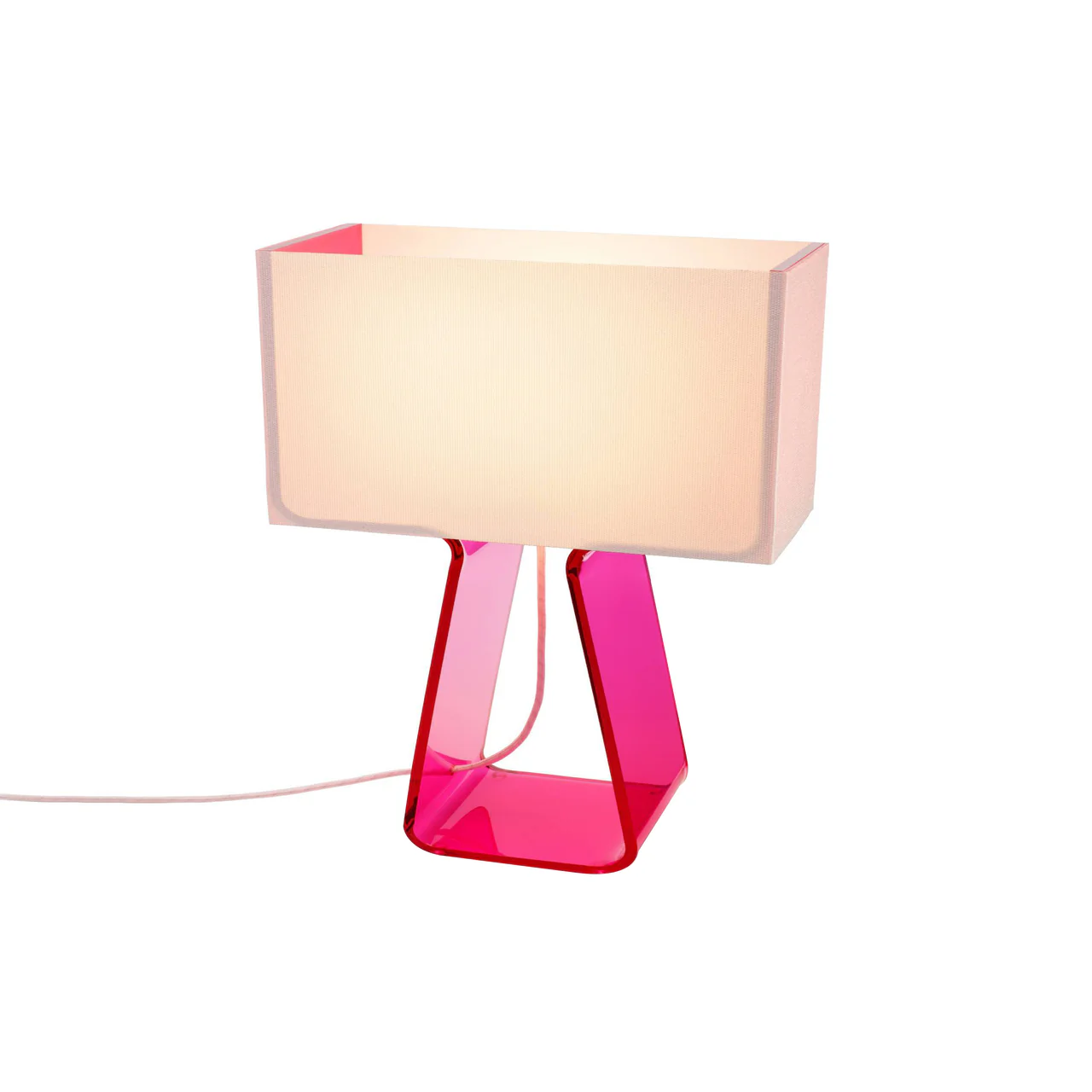
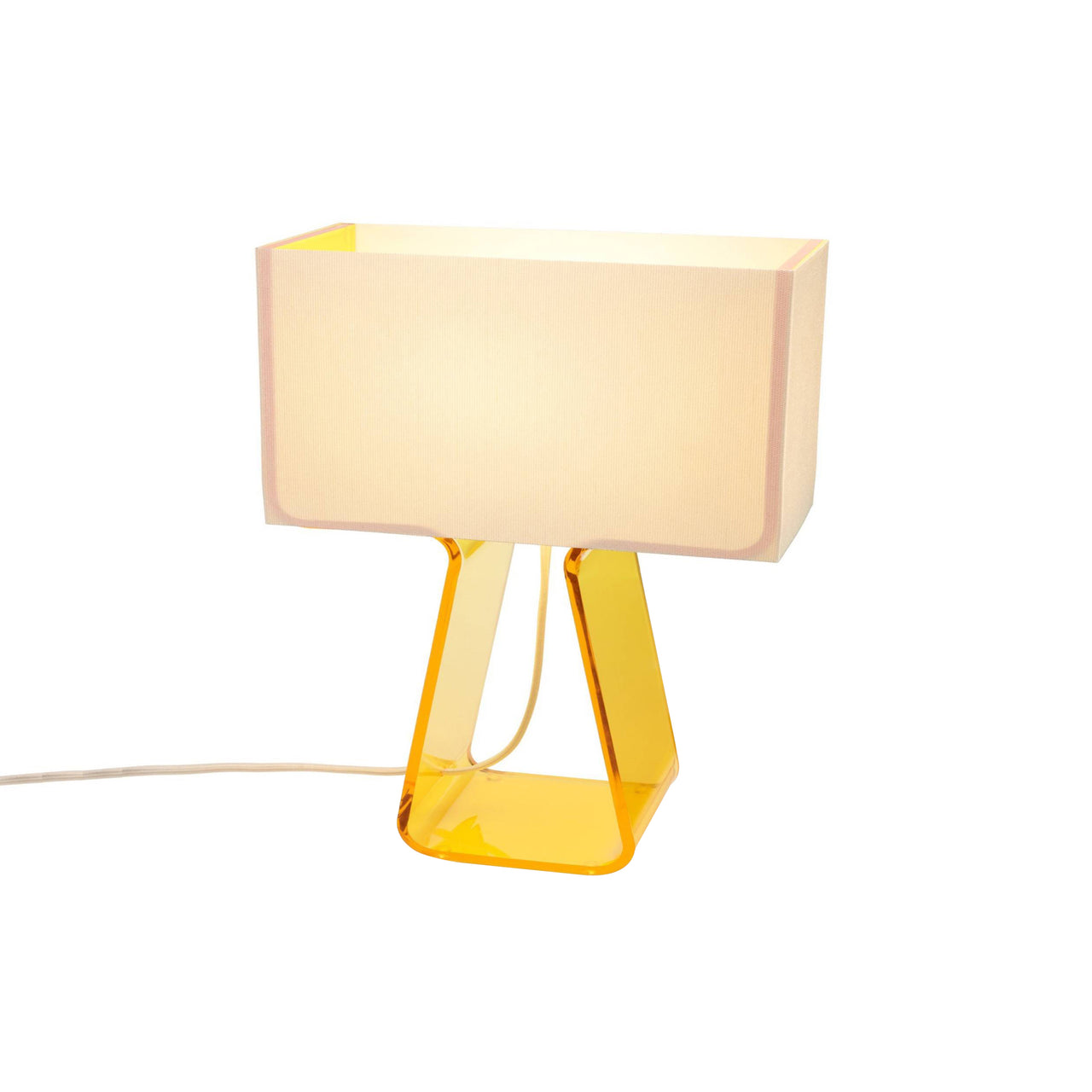
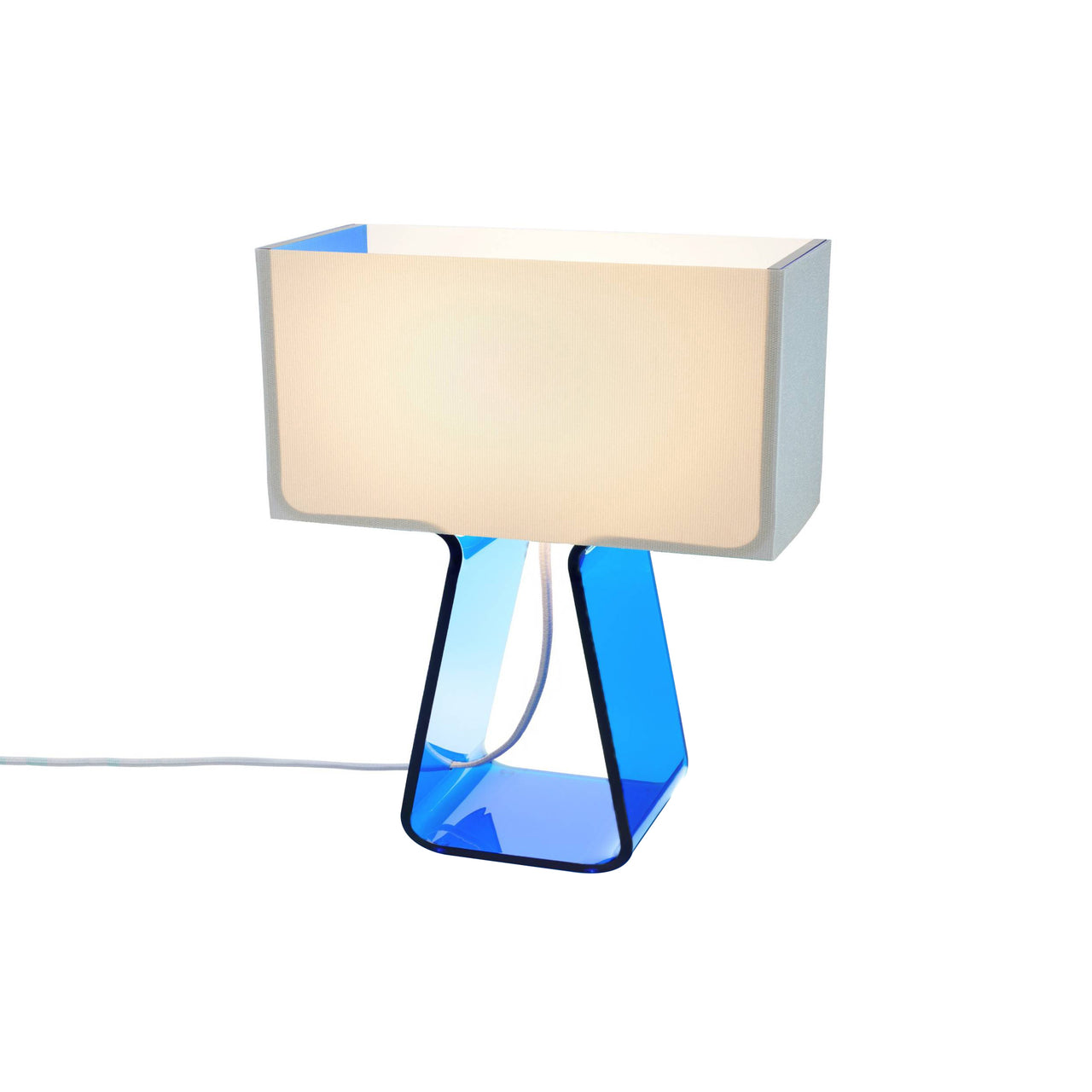
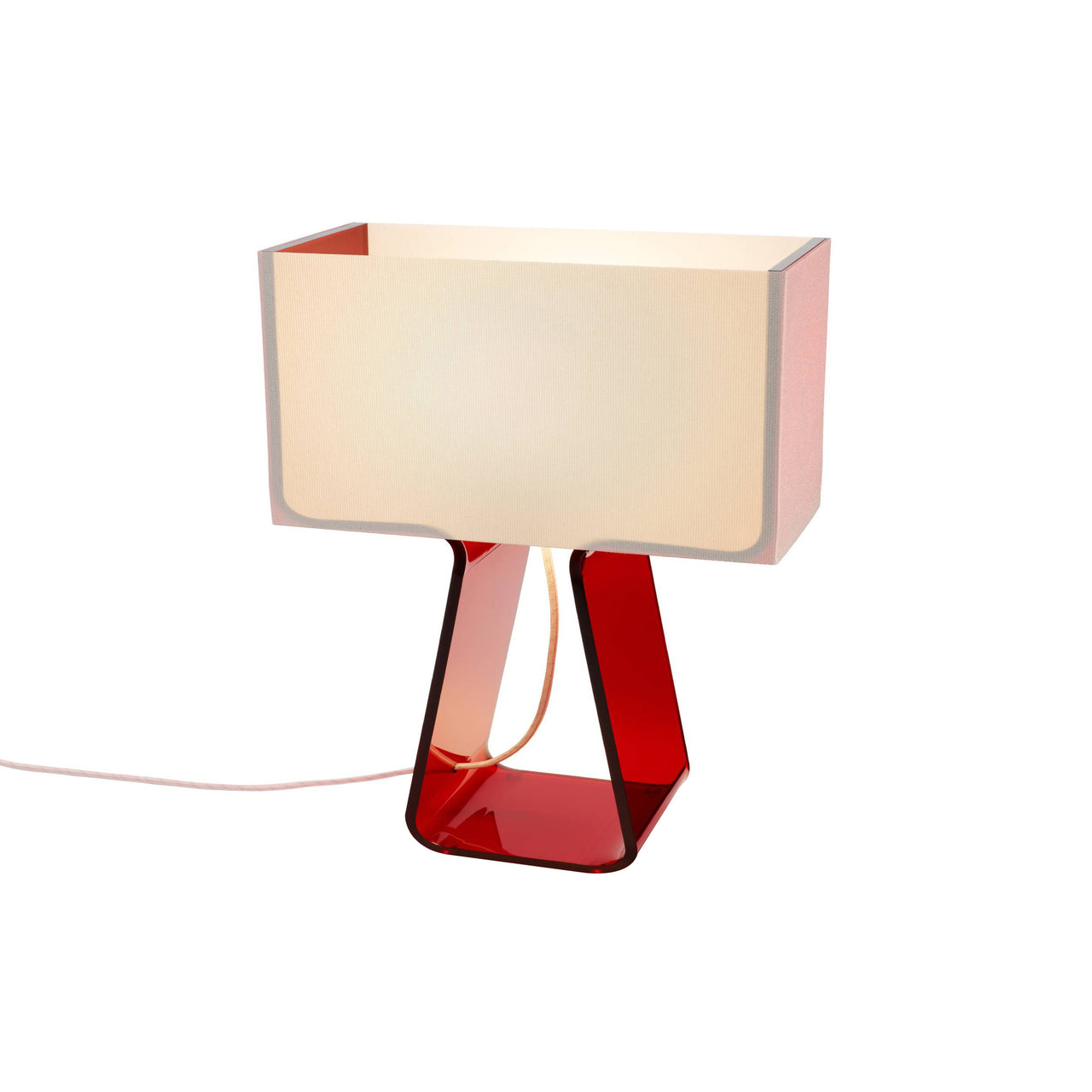
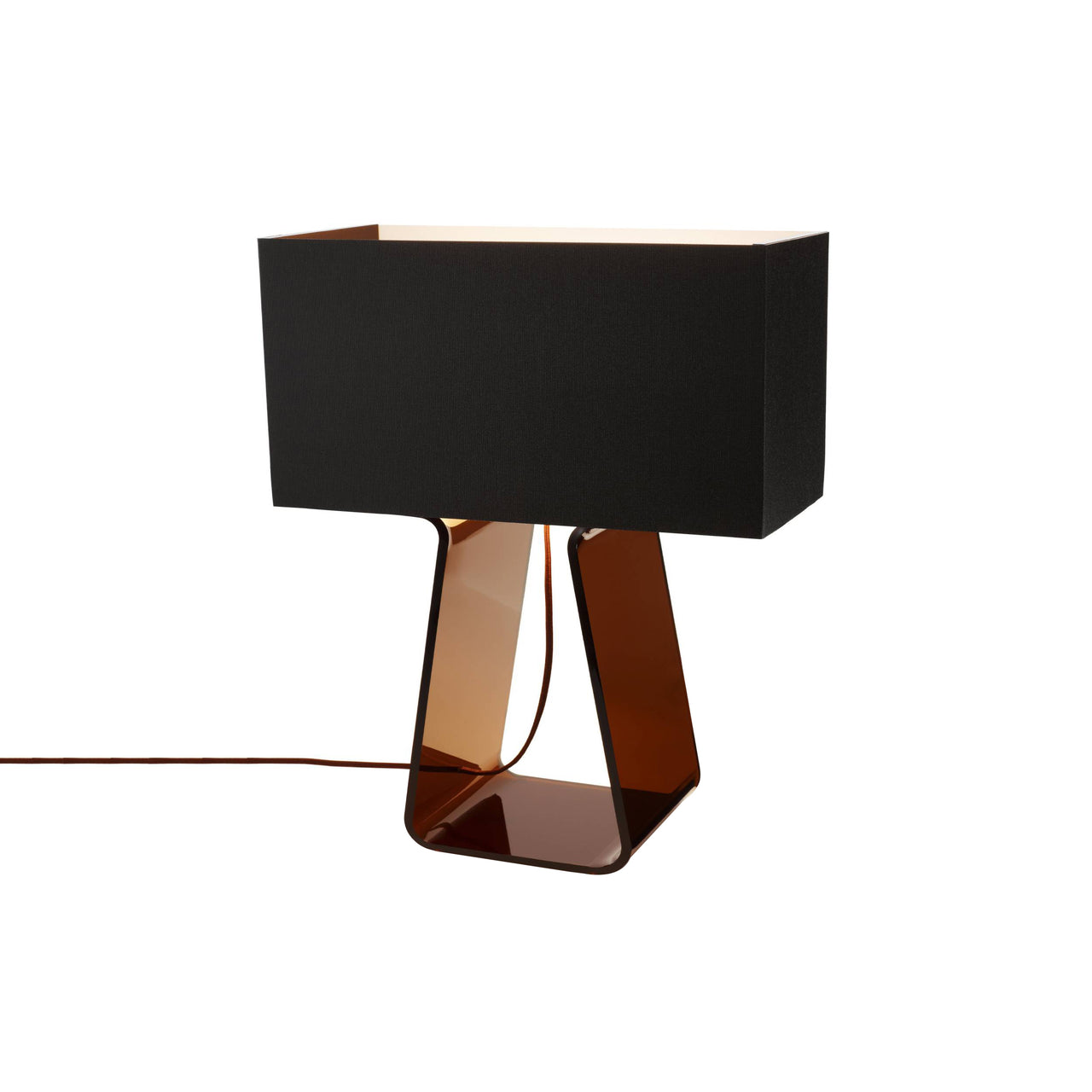
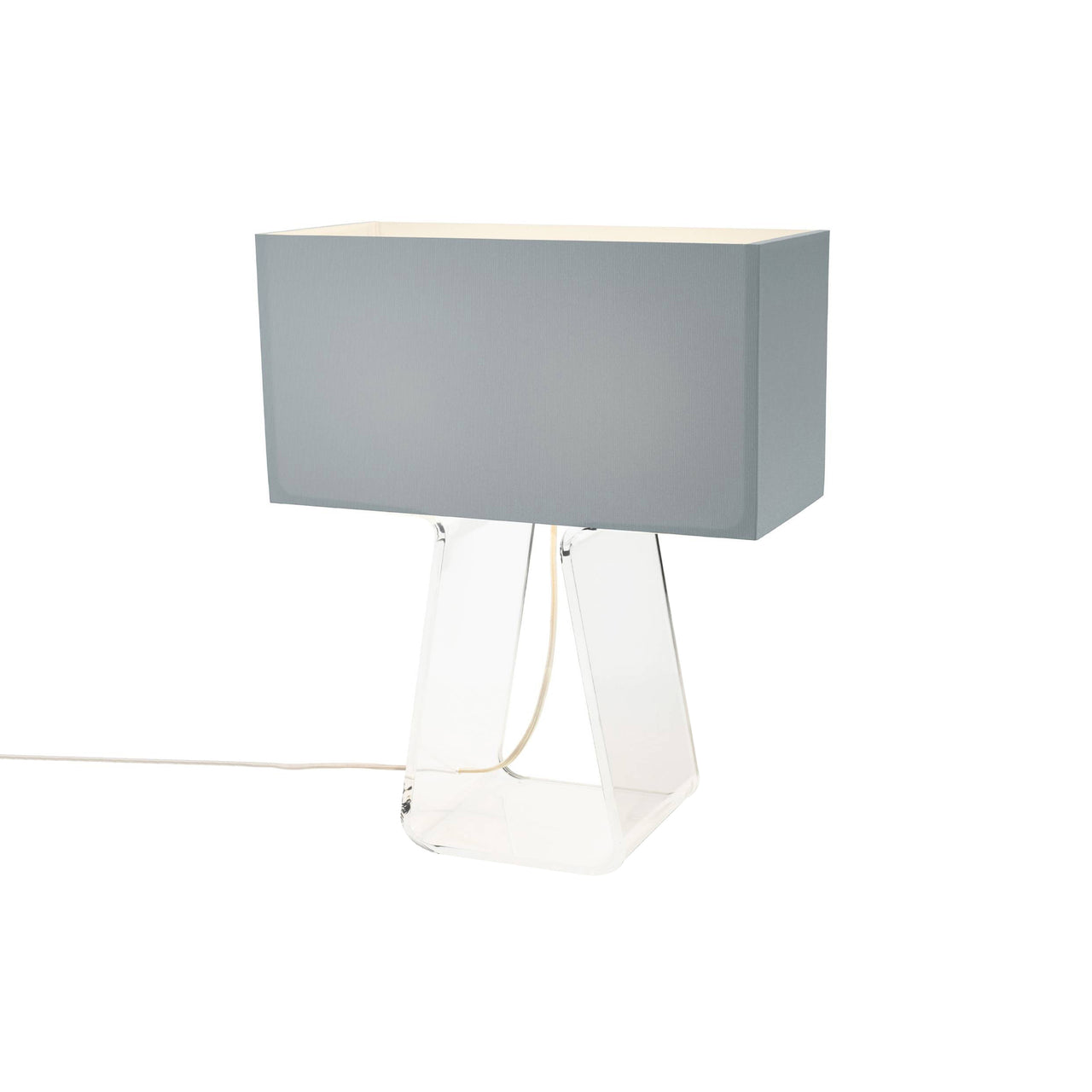


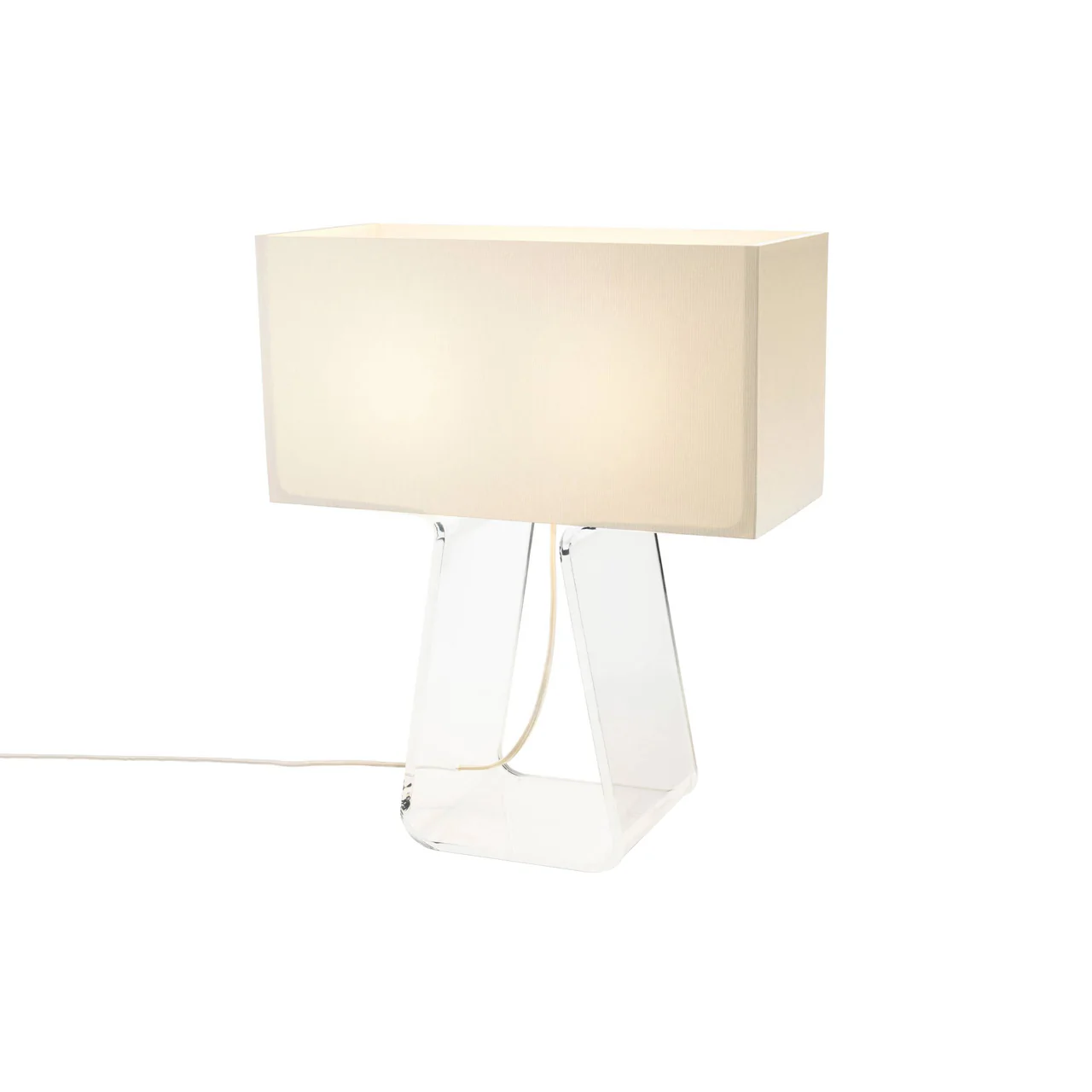

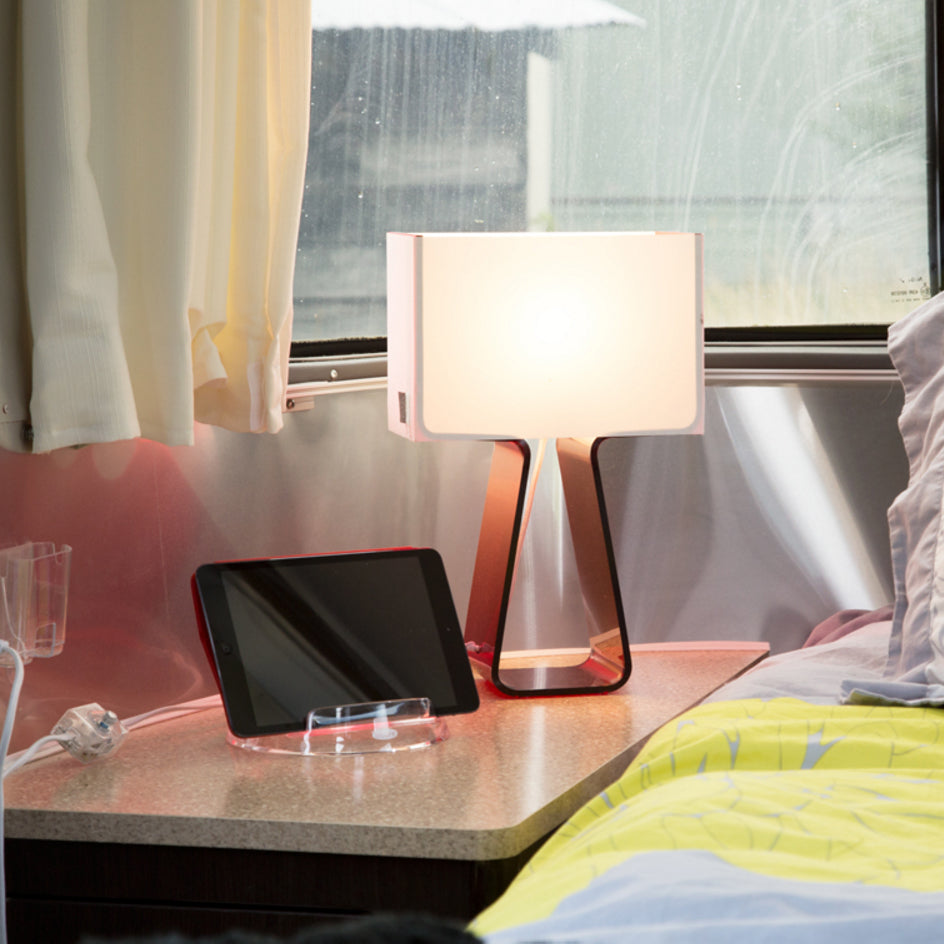

Tube Top Table Lamp: Array of Colors
$174.25
–
$403.75
$205
–
$475
$174.25
–
$403.75
$205
–
$475
$174.25
–
$403.75
$205
–
$475
$174.25
–
$403.75
$205
–
$475
$174.25
–
$403.75
$205
–
$475
$174.25
–
$403.75
$205
–
$475
$174.25
–
$403.75
$205
–
$475
$174.25
–
$403.75
$205
–
$475
$174.25
–
$403.75
$205
–
$475
$174.25
–
$403.75
$205
–
$475
$174.25
–
$403.75
$205
–
$475
$174.25
–
$403.75
$205
–
$475
$174.25
–
$403.75
$205
–
$475
$174.25
–
$403.75
$205
–
$475
$174.25
–
$403.75
$205
–
$475
$174.25
–
$403.75
$205
–
$475
$174.25
–
$403.75
$205
–
$475
$174.25
–
$403.75
$205
–
$475
$174.25
–
$403.75
$205
–
$475
$174.25
–
$403.75
$205
–
$475
$174.25
–
$403.75
$205
–
$475
$174.25
–
$403.75
$205
–
$475
$174.25
–
$403.75
$205
–
$475
$174.25
–
$403.75
$205
–
$475
$174.25
–
$403.75
$205
–
$475
$174.25
–
$403.75
$205
–
$475
$174.25
–
$403.75
$205
–
$475
$174.25
–
$403.75
$205
–
$475
$174.25
–
$403.75
$205
–
$475
$174.25
–
$403.75
$205
–
$475
$174.25
–
$403.75
$205
–
$475
$174.25
–
$403.75
$205
–
$475
$174.25
–
$403.75
$205
–
$475
$174.25
–
$403.75
$205
–
$475
$174.25
–
$403.75
$205
–
$475
$174.25
–
$403.75
$205
–
$475
$174.25
–
$403.75
$205
–
$475
$174.25
–
$403.75
$205
–
$475
$174.25
–
$403.75
$205
–
$475
$174.25
–
$403.75
$205
–
$475
$174.25
$205
SKU: PLO-TUBE-14-BLU
$174.25
$205
SKU: PLO-TUBE-14-CHR/CHR
$174.25
$205
SKU: PLO-TUBE-14-GRN
$174.25
$205
SKU: PLO-TUBE-14-GRY/CLR
$174.25
$205
SKU: PLO-TUBE-14-PIN
$174.25
$205
SKU: PLO-TUBE-14-RED
$174.25
$205
SKU: PLO-TUBE-14-SKY
$174.25
$205
SKU: PLO-TUBE-14-WHT/CHR
$174.25
$205
SKU: PLO-TUBE-14-WHT/CLR
$174.25
$205
SKU: PLO-TUBE-14-YEL
$403.75
$475
SKU: PLO-TUBE-21-CHR/CHR
$403.75
$475
SKU: PLO-TUBE-21-WHT/CLR
$403.75
$475
SKU: PLO-TUBE-21-WHT/CHR
$403.75
$475
SKU: PLO-TUBE-21-GRY/CLR
Description
Familiarity breeds inspiration. With his Tube Top Collection for San Francisco-based Pablo, designer Peter Stathis noodles around with the customary shape of a household classic. The table lamp's linear, transparent acrylic base extends to become the framework for this table lamp. Within the clear stand, the striking stretched-mesh squared-off shade appears to float freely, gently tethered by a fabric cord. In the colored acrylic, this minimalist twist takes on a pop spin.
Specifications
Size
- Small: 14.2" h x 9.4" w (36x24cm)
- Base: 4.5" w (11.5cm)
- Medium: 21.1" h x 15" w (53.5x38cm)
- Base: 7.1" w (18cm)
- Cable length: 71.7" (182cm)
Material
Acrylic, polyester mesh, fabric cord
Technical
- UL listed
- E26
- Color temperature: 2900K
- Dimmable
Brand
Pablo Designs
When it comes to form and light, one of the most consistently innovative resources that continues to further California’s creative legacy is Pablo Designs.
Namesake Pablo Pardo bucks conventional design tropes along with pushing some of the best environmentally considerate and progressive technologies, among them is his proprietary non-glare flat-panel LED. The San Francisco-based firm advanced the market with roll outs of features such as device charging and pairing LED illumination with high-fidelity sound.
Design runs in the Pardo family DNA. His twin brother and their sister are also industrial designers, and their father is a civil engineer whose work took the family of 7 from their native Venezuela to Chile and then Ohio. Pablo started young, tinkering with remote control airplanes in his father’s workshop. As an adult, he designed for both the toy and automotive worlds, finally focusing in on lighting and launching his eponymous brand in 1993. Twin Fernando contributes to the signature collection, including collaborating with his brother on the best-selling Pixo, winner of the prestigious Red Dot prize. That spirit extends to the stable of leading international designers who have also pushed the boundaries of light with original and critically acclaimed work for Pablo Designs, from Peter Stathis and John August to the celebrated Michael McCoy, among others.
“When we set out to create something, we keep in mind that someone has to use it, and interact with it, so the fixture should be intuitive and easily understood,” observed Pablo, a practicing devotee of Dieter Rams’ less-but-better maxim. “Our designs are very simple on the outside, but complex on the inside. We believe that good design should provide a lifetime of service, and now LEDs allow us to do this.”
Designer
Peter Stathis
With its highly animated quality, the lighting design of San Francisco’s Peter Stathis is as prized for its high performance attributes as it is for its distinctively sculptural appearance. Peter regards his tellingly named Virtual Studio as “equal parts office and atelier.” His work has been repeatedly honored, including Interior Design magazine Best of Year, ICFF Editors Award and the prestigious Red Dot Design Award and is in the permanent collections of the Cooper-Hewitt National Design Museum and the Museum of Modern Art in New York. All of which doubtlessly affirms his stated goal of his studio “as an experimental laboratory for advancing industrial design culture.”





























